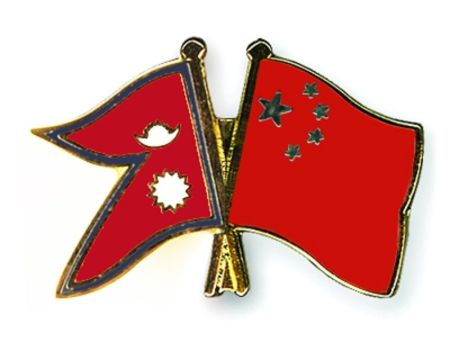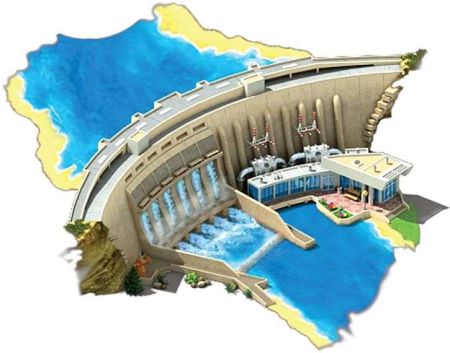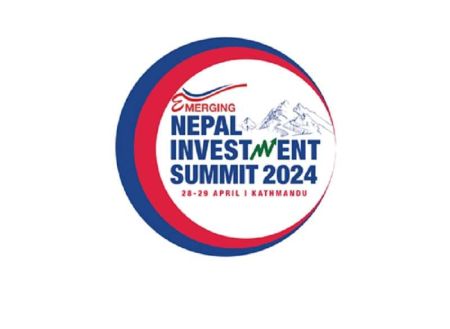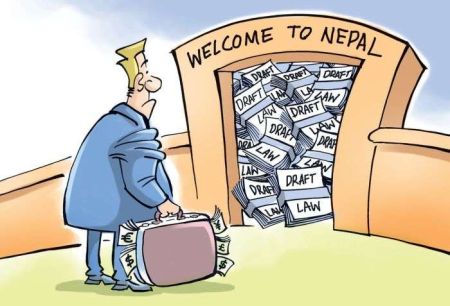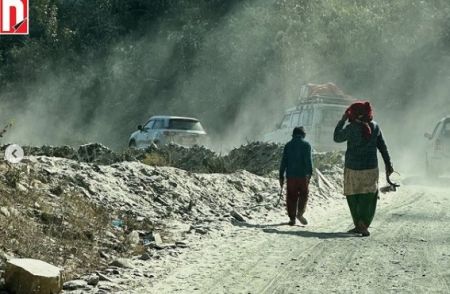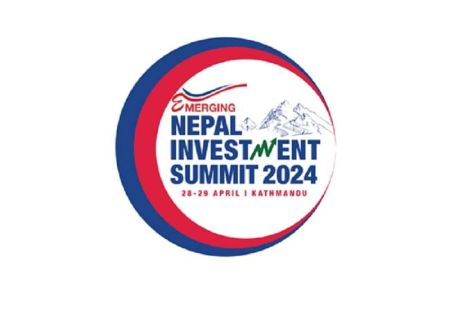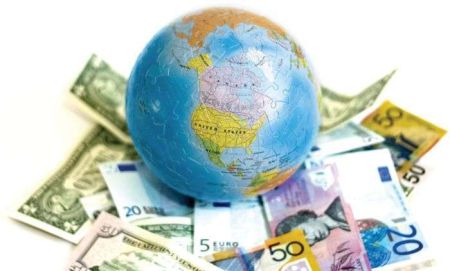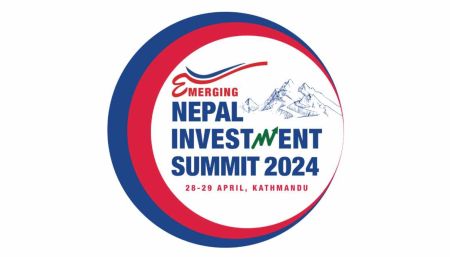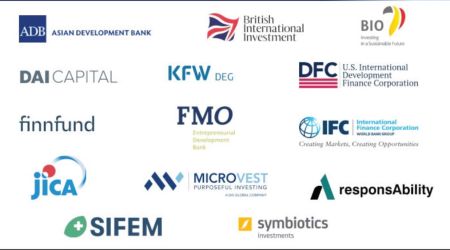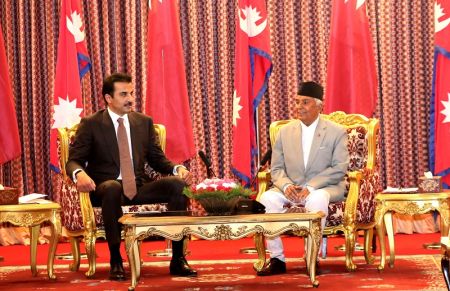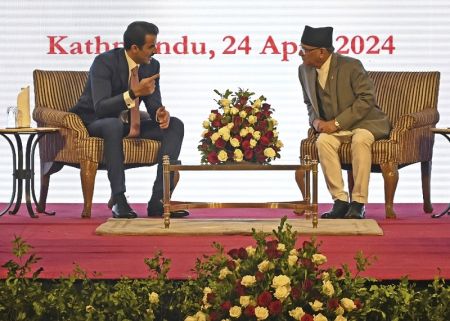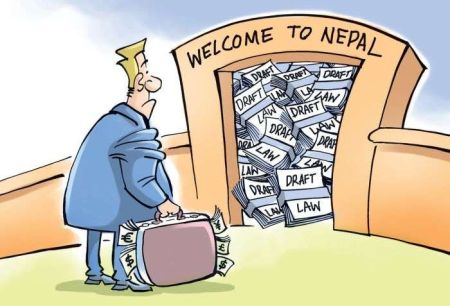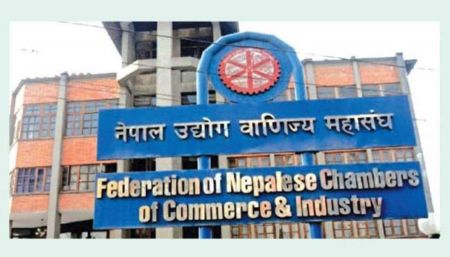David Wright is the country director of Save the Children, Nepal and Bhutan. Wright talked with Sujan Dhungana of The Corporate regarding developmental projects that the organization has adopted and local partners’ increasing interest in this.
Excerpts:
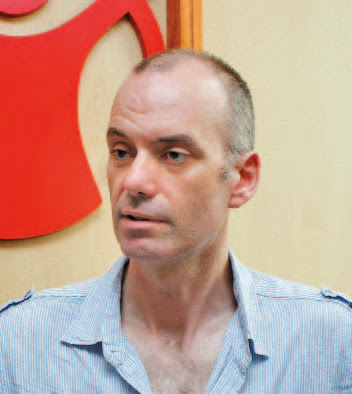 How has Save the Children’s experience in Nepal been?
How has Save the Children’s experience in Nepal been?
Save the Children is the largest INGO in Nepal. More than 1.9 million people have benefitted from our work. We have a wide portfolio in Nepal as we have been working in number of projects related to child rights, good governance, health, livelihood, nutrition, disaster risk reduction and HIV/AIDs.
Could you give some examples of how Save the Children has been helping Nepali children?
We basically focus on primary education. One of the main things we do is encourage schools to do away with corporal punishment. In one of the schools in Sindhupalchowk where we have been working for last 20 years, the principal said that some students were not coming to class regularly. There were also instances of parents not sending their children to school. However, after corporal punishment was completely done away with, 30 percent more children started coming to school regularly.
Similarly, we have been working with more than 400 schools in Kapilbastu and Pyuthan, where we have established Early Childhood Development Centres. The centres are designed to prepare children for primary education by working on their social, physical and mental skills.
Save the Children has been working together with the private sector. How successful has the partnership been?
Yes, we believe that the private sector should also play its part in social development efforts. We take support from a number of private sector companies such as Ncell and Yeti Airlines. Last year alone, the private sector of Nepal contributed Rs 50 million for projects such as to construct school buildings, classrooms, libraries, labs and other facilities. We are happy that local as well as big companies are showing interest. Ncell and Yeti Airlines have contributed to our programmes in 17 different schools.
How do you ensure that the services reach the targeted group?
Save the Children in Nepal is working with 150 different local partners. We have done a number of things to ensure that our assistance reaches the right people. For example, we have increased the number of staff members in the districts. They provide guidance to our local partners. Moreover, we are also working on putting up a country-wide monitoring system to allow communities to give us feedback. For example, during the second half of this year, we will be putting up banners in different communities of the country explaining the benefits locals can reap from our projects. We are also trying to set up a system that people can use to directly reach us with their feedback. All this is part of our efforts to ensure accountability.
Could you share with us one of the best experiences the INGO has had working with Nepali bureaucrats?
Save the Children has lots of success stories working with government officials. We are constantly working with the government to develop innovative ideas and programmes. For example, we are working with the Ministry of Health to develop community-based new born health packages.
How much money does Save the Children invest in Nepal each year?
Save The Children at the moment spends around $31 million dollar each year. In addition to that we are investing $ 5 million on food aid from the World food Programme.








